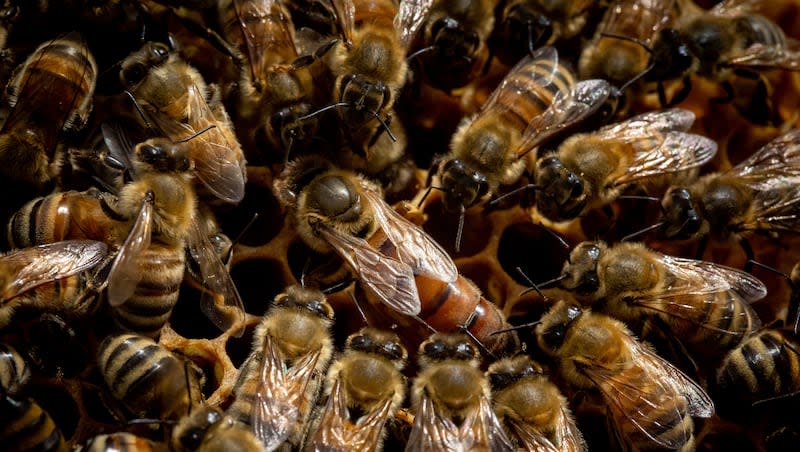Animal virgin births — what are they and why they happen

If you hadn’t heard by now, a stingray in North Carolina turned out to be pregnant, a shock to her caretakers because there were no male stingrays in her enclosure, according to NBC News. Theories have abounded as to how it could have happened, such as a male shark impregnating her or if she did it asexually.
But scientists say that animals becoming pregnant without a mate is more common than believed.
Animal virgin births — aka parthenogenesis
Parthenogenesis is a term scientists use to describe virgin births among animals, according to National Geographic. Virgin births occur when an animal becomes pregnant without a mate.
According to BBC, “Stemming from the Greek, parthénos, meaning ‘virgin’, and genesis, meaning ‘creation,’ it is where an egg develops into an embryo without being fertilised by sperm.”
It is usually small insects such as bees, ants and aphids that have virgin births, according to National Geographic, but has also been seen in fish and lizards. While rare in the wild, scientists have been seeing it occur more in human captivity.
Why do some animals choose to have virgin births?
National Geographic shares that scientists believe that animals who do virgin births do it “as a last-ditch effort for species facing adverse conditions.”
BBC describes it as a last ditch effort for females to pass on their genes, while also sharing that “for some species, asexual reproduction is advantageous.”
Some animals have virgin births in order to save their species. NBC News interviewed Kevin Feldheim, a parthenogenesis expert from the Field Museum in Chicago, who shared, “Researchers found a population of small tooth sawfish in Florida that’s just barely hanging on, Feldheim said. The researchers found several of the creatures were reproducing through parthenogenesis.”
“This species is at much lower numbers than it has been in the past. It’s very possible those females couldn’t find a mate,” Feldheim said. Per NBC News, this makes parthenogenesis “a ‘backup way’ to reproduce when pickings are slim.”
In recent years, scientists have noticed more animals in human captivity having virgin births. CNN reported in 2023 about the first crocodile to have a virgin birth, while the Natural History Museum in London found that California condors could have virgin births back in 2021.
But scientists have also found dangers associated with virgin births. One such danger is harmful genetic mutation because there is a lack of natural selection, per BBC. Some virgin offsprings will have shorter lifespans compared to those who weren’t born asexually.

